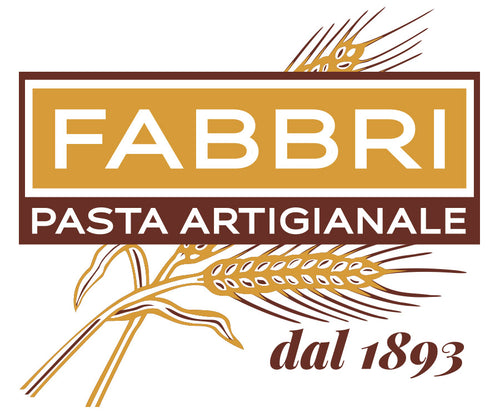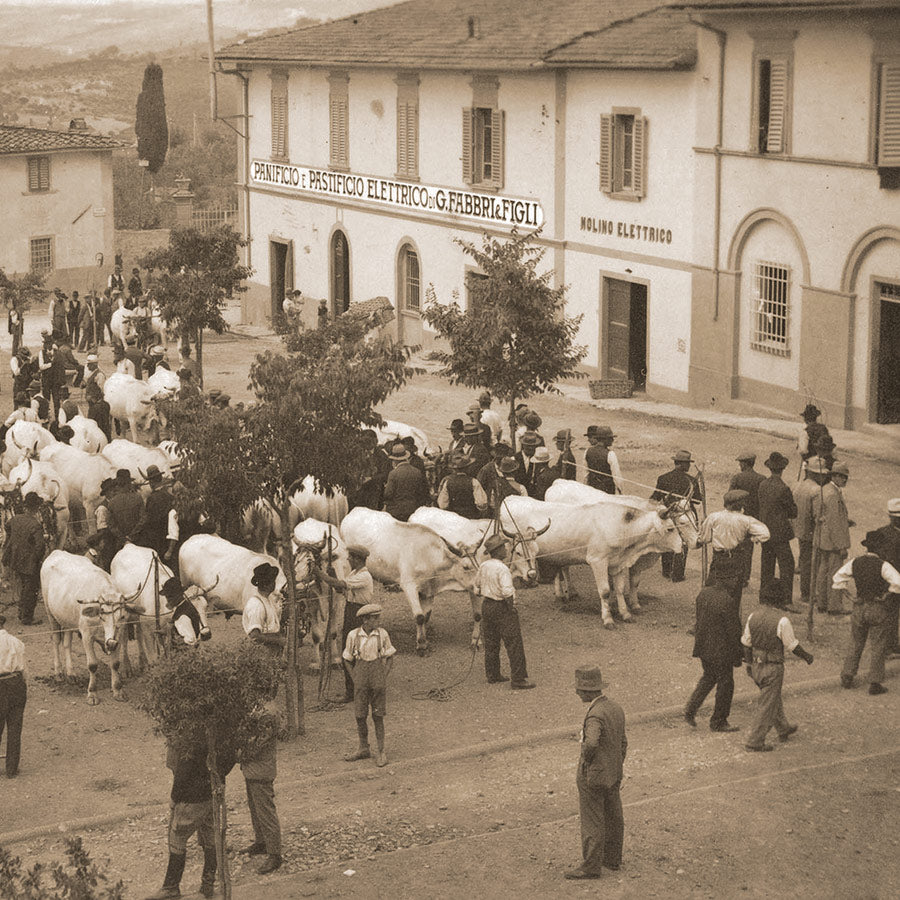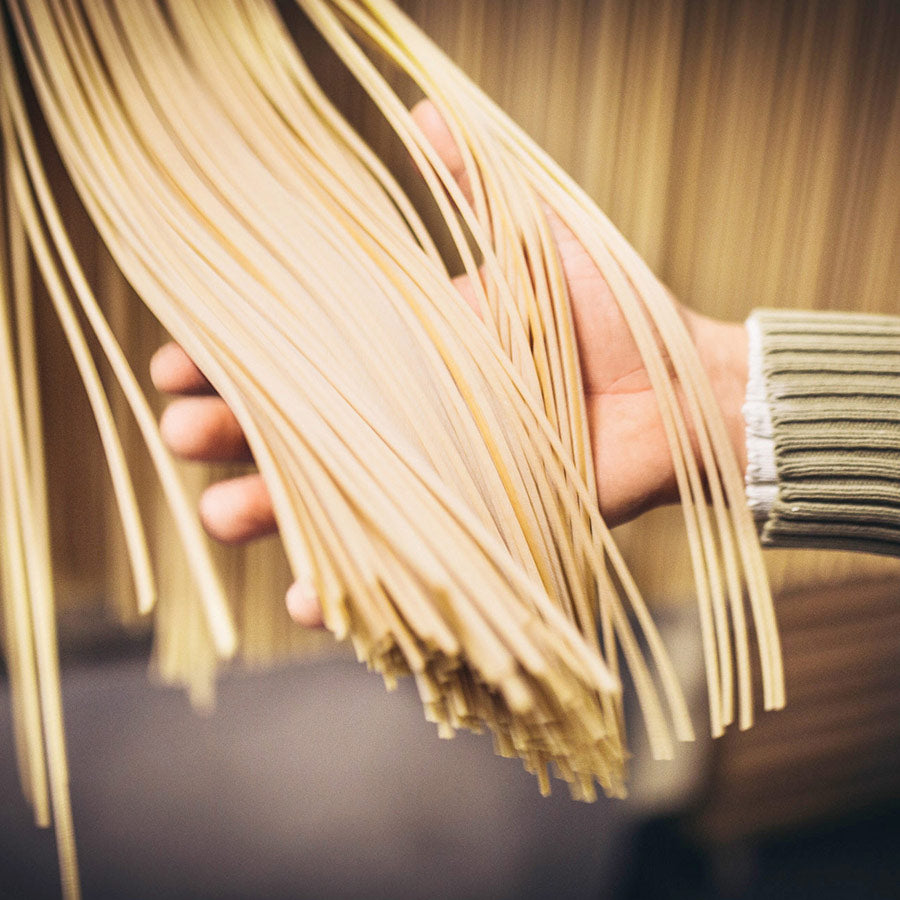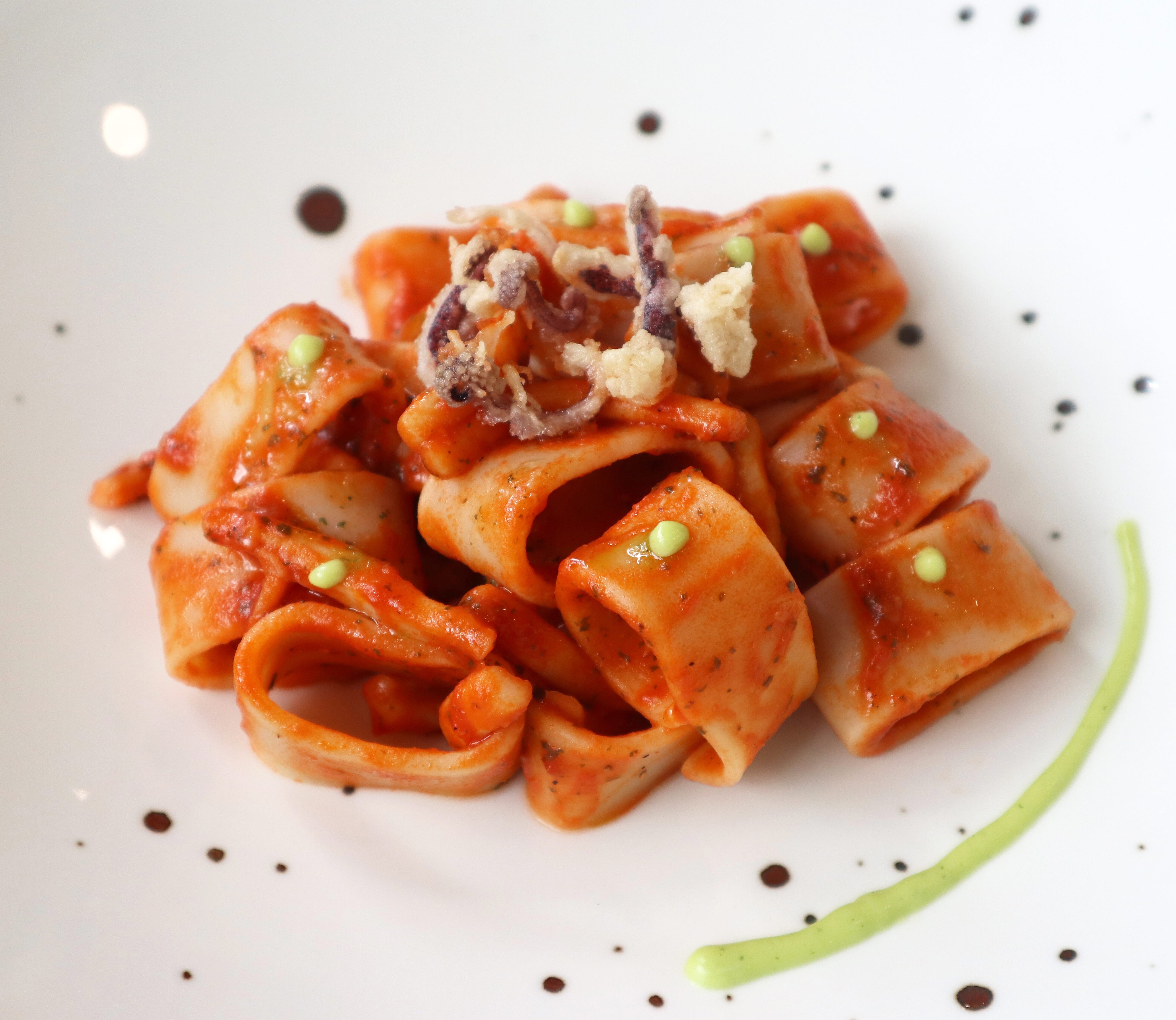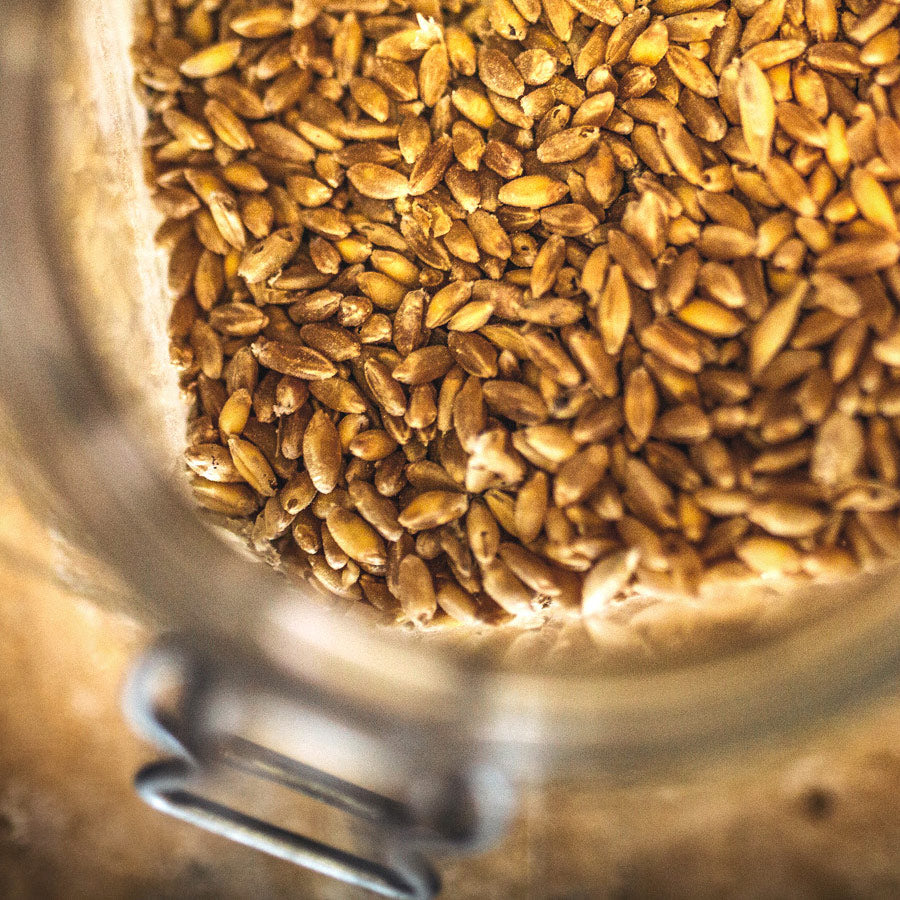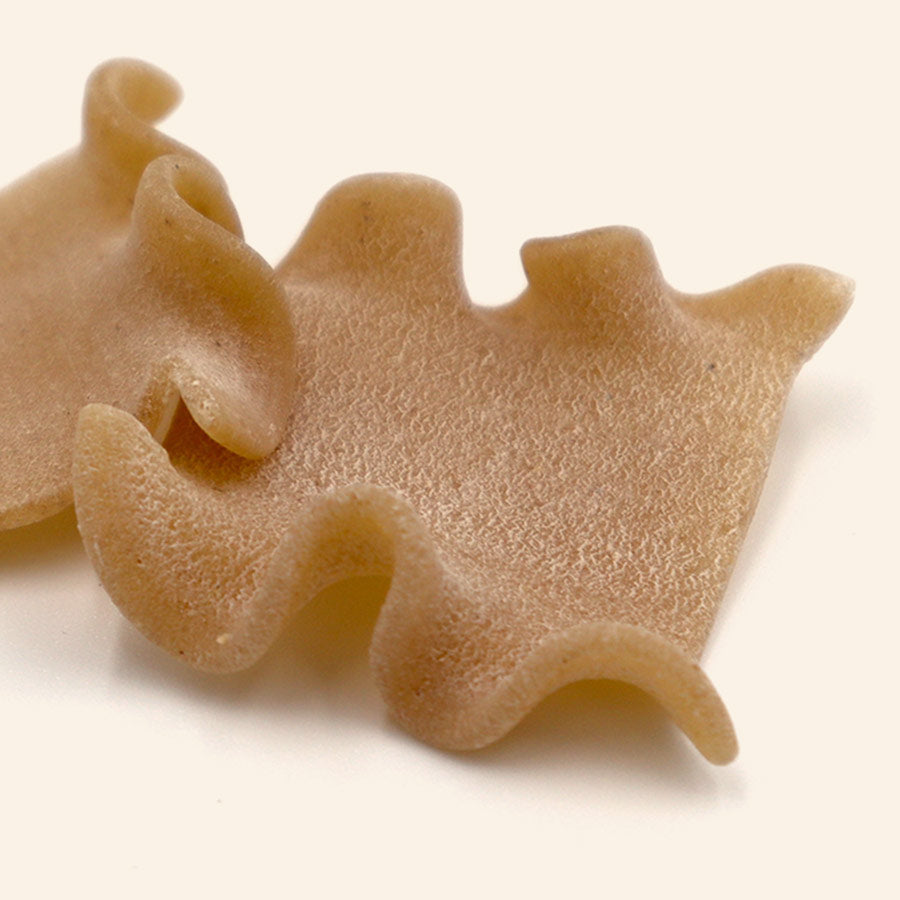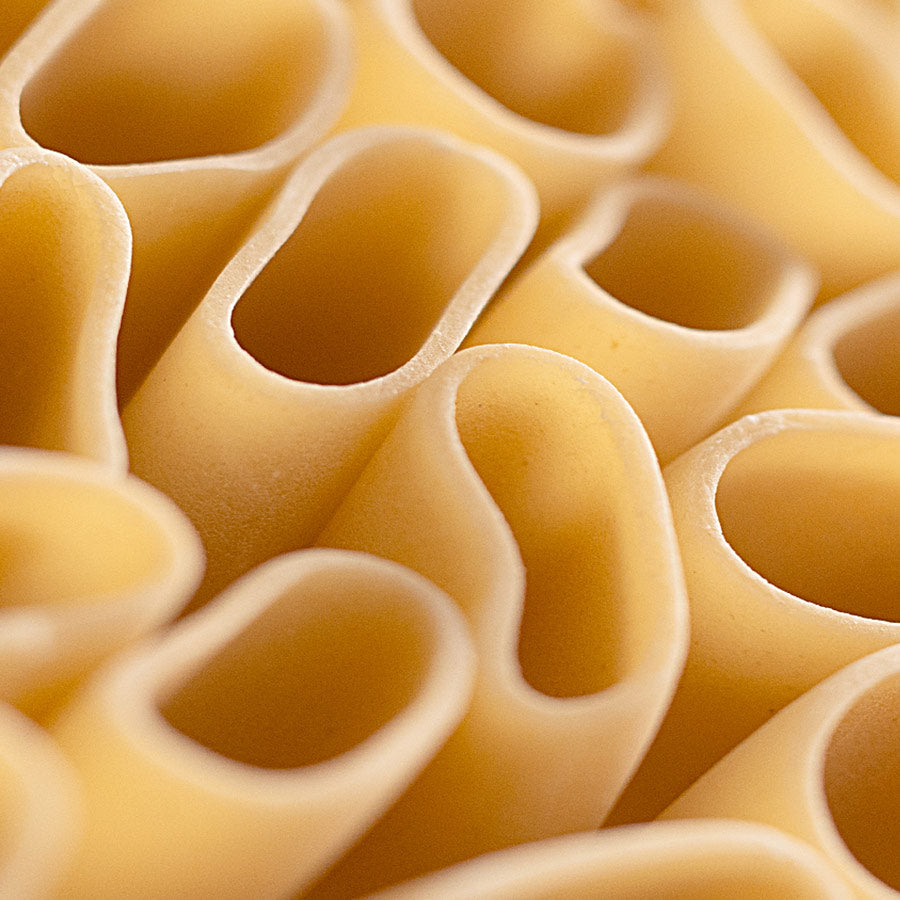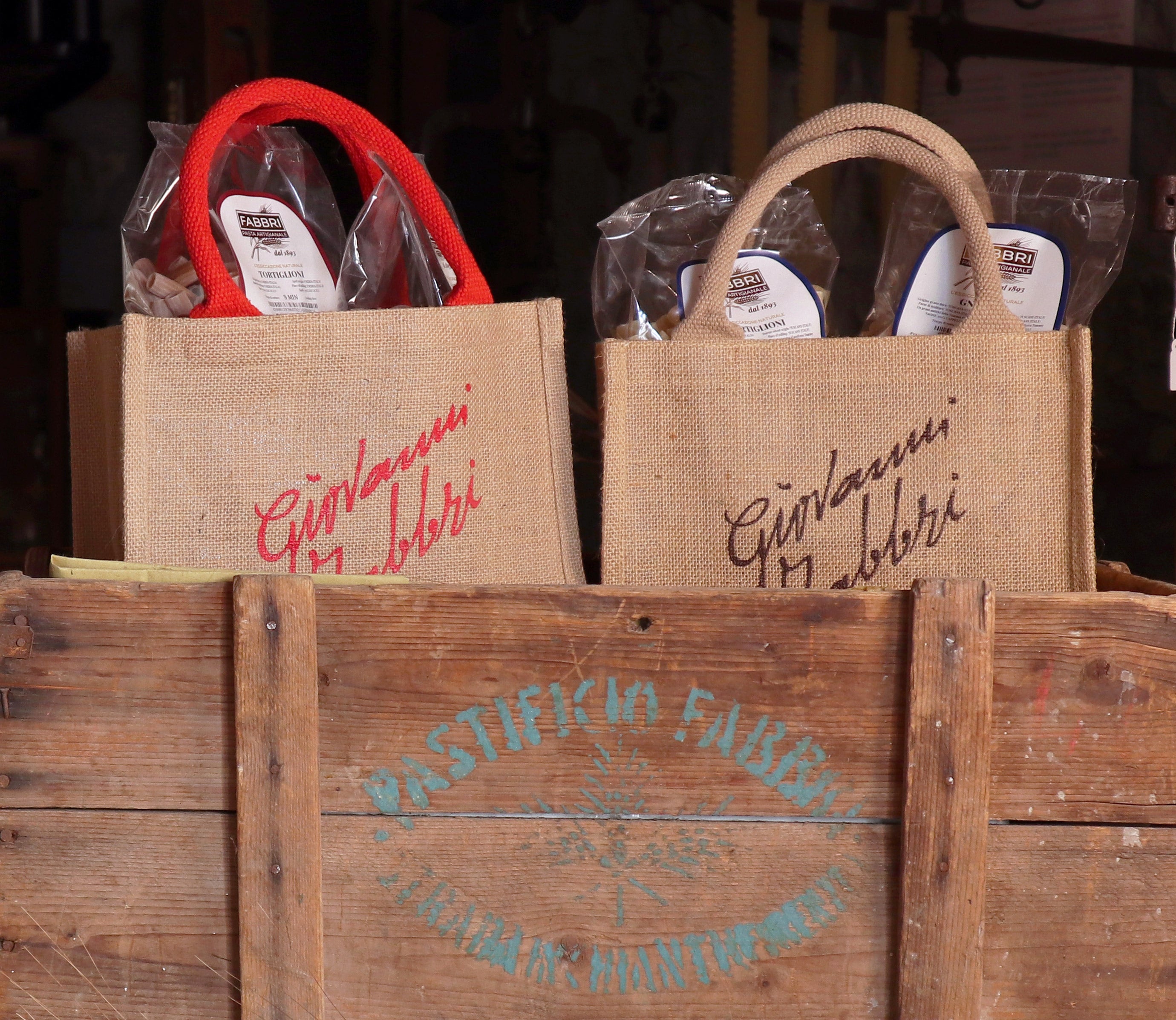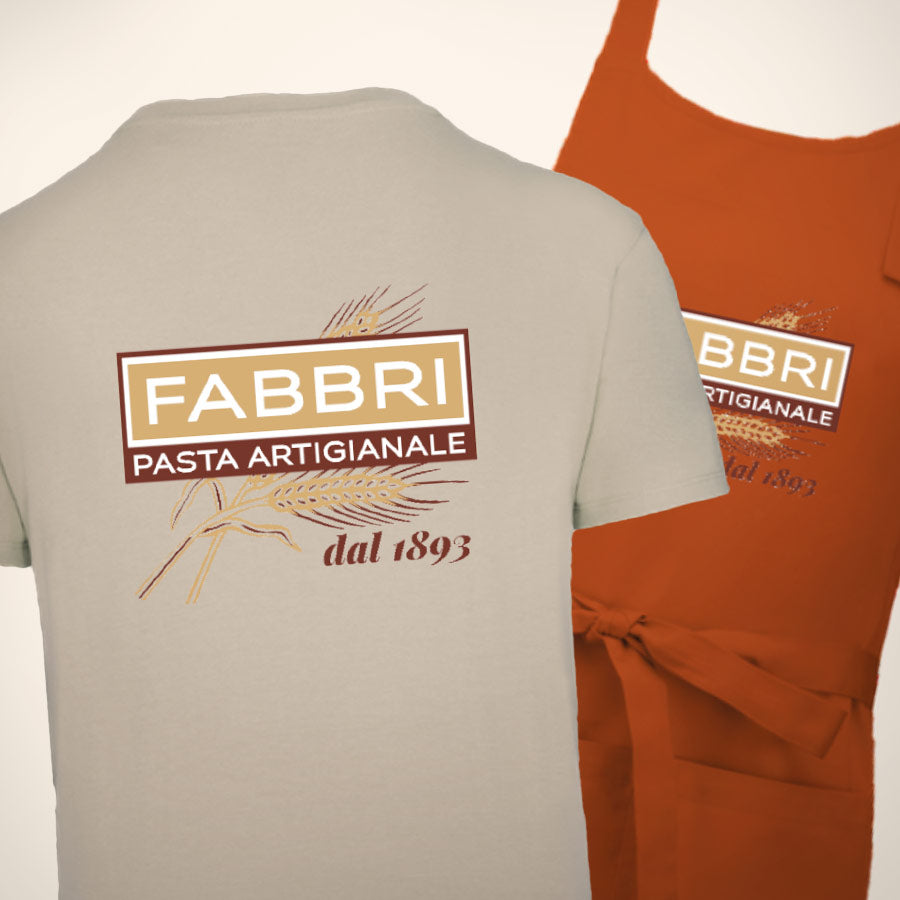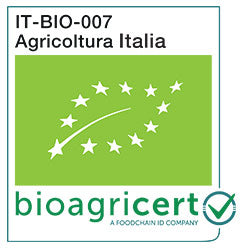How to store artisan pasta (especially in summer)

When it comes to artisanal organic pasta, storage is not a minor detail: it’s what keeps its aroma, texture, and quality intact.
With the arrival of warmer weather, one question often comes up: “Where should I store my pasta so it doesn’t spoil?” We asked Giovanni Fabbri, fourth generation pasta maker, who has been overseeing production in his workshop for over 50 years. Here are his simple yet essential tips for storing pasta.
1. The first enemy: heat
Avoid high shelves, sun-exposed cupboards, or places above the oven or near radiators. Artisanal pasta preserves its aroma and structure best in a cool, stable place – ideally below 20 °C.
2. Keep it away from light
Direct light not only heats the environment but can also cause condensation inside the packages, especially in summer. Better to store pasta in a closed cupboard or pantry, away from light sources.
3. Watch out for humidity
Pasta must always be kept in a dry environment. Avoid areas near dishwashers, stoves, or other sources of steam: humidity can compromise texture and encourage mold or insects.
And what if insects appear in the pasta?
Organic pasta is a natural, living product. It contains no pesticides or preservatives, and for this reason, it requires a little extra care even after purchase.
In rare cases, the grain weevil may appear – a small insect that hatches from eggs naturally present in wheat. This is not a production defect but the natural result of avoiding chemical and thermal treatments.
In large-scale industrial production, pasta is sometimes dried at very high temperatures, even above 100 °C (up to 115 °C): under these conditions, weevil eggs cannot survive. But such treatment damages the gluten and negatively affects the pasta’s flavor and digestibility.
The best prevention? Store pasta properly: in a cool, dark, and dry place. Just like fine wine or quality extra virgin olive oil, artisanal pasta deserves to be stored with care.
A few simple everyday habits are enough to protect a living product – made only with semolina, water, and craftsmanship.
